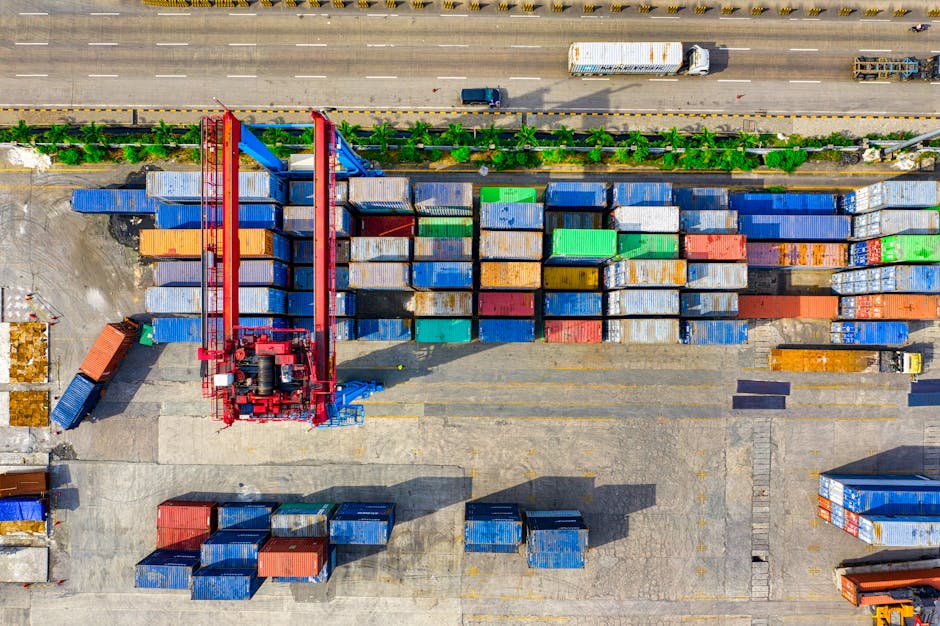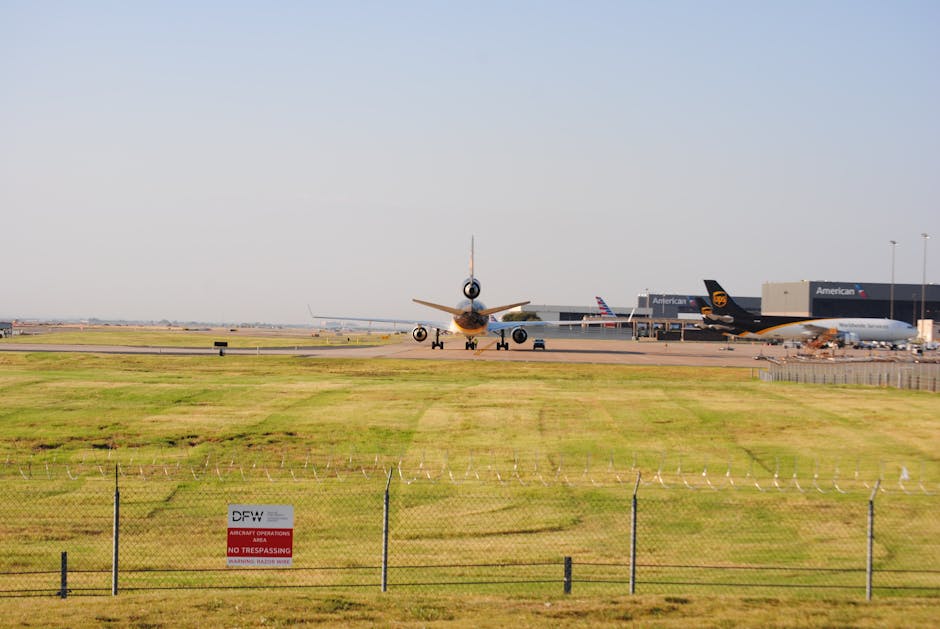Trump Announces 25% Tariffs on Medium and Heavy Imported Trucks
In a move that has sent shockwaves through the global automotive industry, former U.S. President Donald Trump has announced a 25% tariff on medium and heavy imported trucks. This decision, unveiled during a campaign rally in Iowa, is part of Trump’s broader “America First” economic strategy, aimed at protecting domestic manufacturing and boosting U.S. jobs. The announcement has sparked intense debate among economists, industry leaders, and policymakers, with critics warning of potential trade wars and increased costs for businesses and consumers.
The Rationale Behind the Tariffs
Trump framed the tariffs as a necessary measure to safeguard American truck manufacturers from foreign competition, particularly from countries like China, Mexico, and Japan. “For too long, foreign companies have been flooding our markets with cheap trucks, putting our workers out of business,” Trump declared. “This tariff will level the playing field and ensure that American-made trucks dominate our roads.”
The U.S. trucking industry has long been a cornerstone of the nation’s economy, with medium and heavy trucks playing a critical role in logistics, construction, and agriculture. However, domestic manufacturers have faced increasing competition from imported vehicles, which are often priced lower due to cheaper labor and production costs abroad.
Industry Reactions
The announcement has elicited mixed reactions from industry stakeholders. Domestic truck manufacturers, such as Ford, General Motors, and Freightliner, have welcomed the move, viewing it as a lifeline for their businesses. “This tariff will help us compete on a more equal footing and protect thousands of American jobs,” said a spokesperson for the American Truck Manufacturers Association.
On the other hand, companies that rely on imported trucks, such as logistics firms and construction companies, have expressed concern over the potential rise in costs. “This tariff will hit us hard,” said the CEO of a major logistics company. “We’ll have no choice but to pass these costs onto consumers, which could lead to higher prices for goods and services.”
International manufacturers, particularly those in China and Mexico, have condemned the tariffs as protectionist and counterproductive. “This decision will disrupt global trade and harm the U.S. economy in the long run,” said a representative from a leading Chinese truck manufacturer.
Economic Implications
Economists are divided on the potential impact of the tariffs. Proponents argue that the measure could revive the U.S. truck manufacturing industry and create jobs in the short term. However, critics warn that the tariffs could trigger retaliatory measures from trading partners, leading to a trade war that could harm the global economy.
“Tariffs are a blunt instrument that often have unintended consequences,” said an economist at a leading think tank. “While they may protect certain industries, they can also lead to higher costs for businesses and consumers, reduced competitiveness, and strained international relations.”
Political Ramifications
The announcement comes at a critical juncture in U.S. politics, with Trump positioning himself as a champion of American workers ahead of the 2024 presidential election. The tariffs are likely to resonate with his base, particularly in Rust Belt states where manufacturing jobs have been a contentious issue. However, the move could also alienate moderate voters and business leaders who favor free trade and globalization.
What’s Next?
The implementation of the tariffs is expected to begin within the next 90 days, pending regulatory approvals. Industry analysts predict a surge in demand for domestic trucks in the short term, as businesses rush to avoid the higher costs associated with imports. However, the long-term effects remain uncertain, with many questioning whether the tariffs will achieve their intended goals or simply exacerbate existing economic challenges.
As the debate over Trump’s latest trade policy unfolds, one thing is clear: the decision to impose tariffs on medium and heavy imported trucks will have far-reaching consequences for the U.S. economy, global trade, and the political landscape. Whether it proves to be a masterstroke or a miscalculation remains to be seen.
Stay tuned to NextMinuteNews for the latest updates on this developing story.




